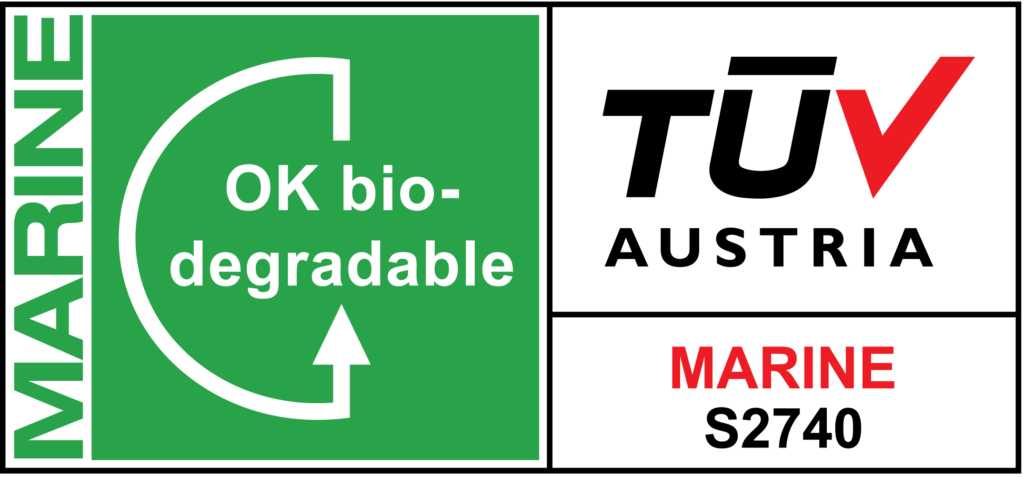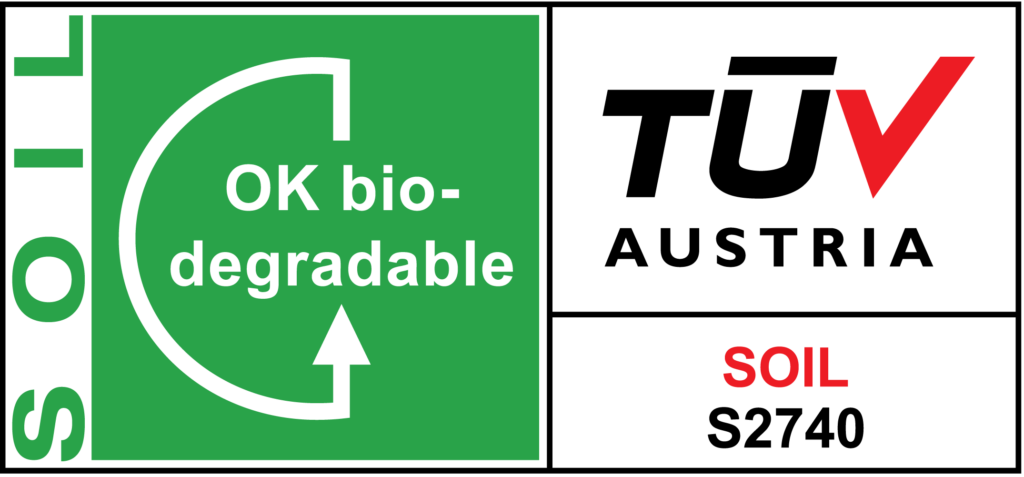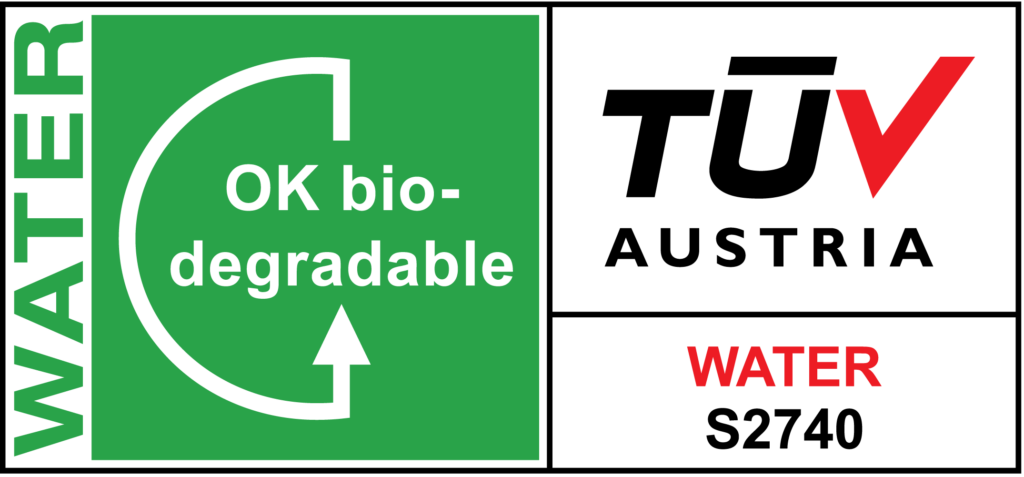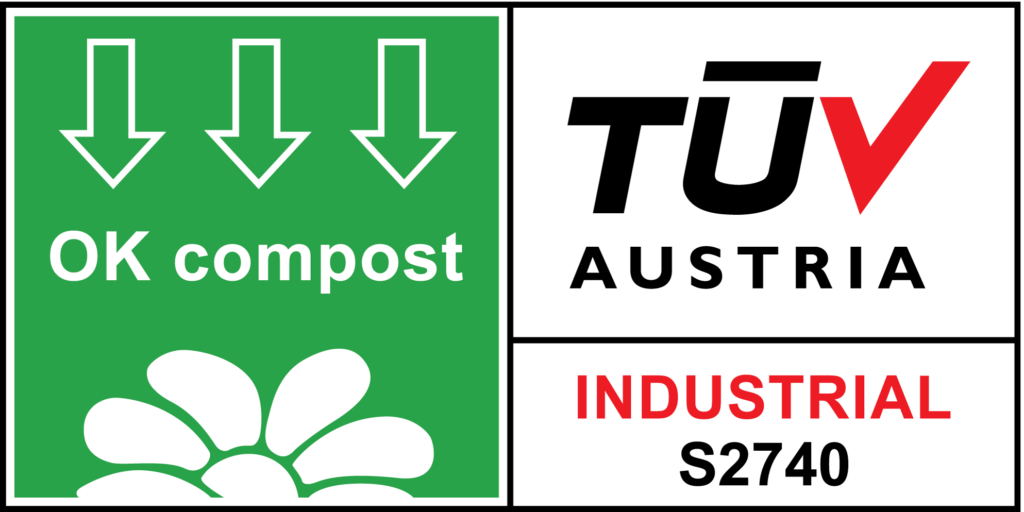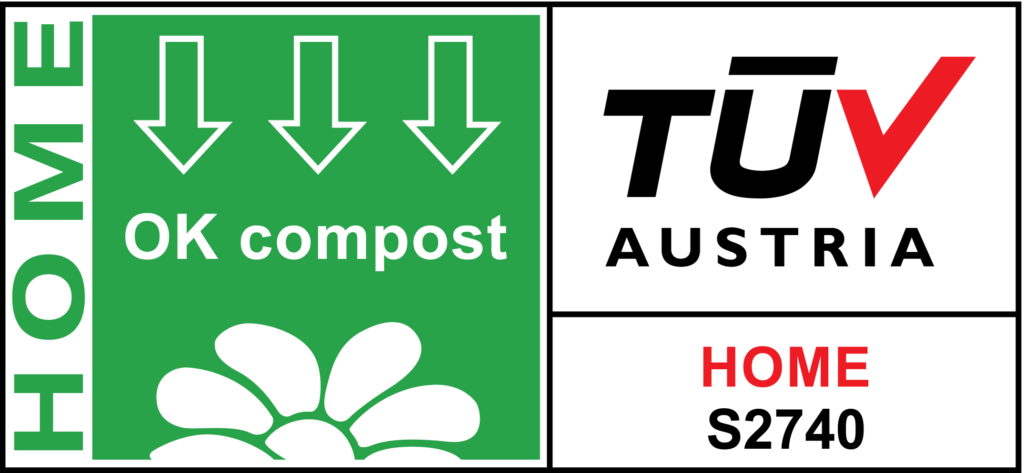
ENKA® Viscose –
A SUSTAINABLE CHOICE
2
Consumption of input materials and energy as well as emissions during production
FSC®-certified pulp from wood
ENKA® Viscose consists of pure cellulose and is based on the renewable raw material wood. Wood consists of 40-50% cellulose, the most common organic and naturally renewable material on earth.
ENKA only processes FSC®-certified cellulose.

The Origin of the Wood
Our pulp supplier sources pine from trees that are planted, grown, harvested and replanted according to the principles of sustainable forestry. Both the pulp supplier and its timber suppliers are certified according to the strict FSC®-standards.
The processing of wood releases the CO2 that has already been bound in the wood during photosynthesis. Therefore, the forest itself as a source of raw material is always climate neutral.
Our pulp supplier extracts cellulose, a natural polymer, from the wood, which is further processed into viscose filament at ENKA.
The by-products of extracting pulp from wood are processed into ethanol and organic fuels.
Wood species:
Pinus sylvestris, Picea abies
Wood origin:
Sweden
Pulp supplier:
Domsjö Fabriker, Örnsköldsvik
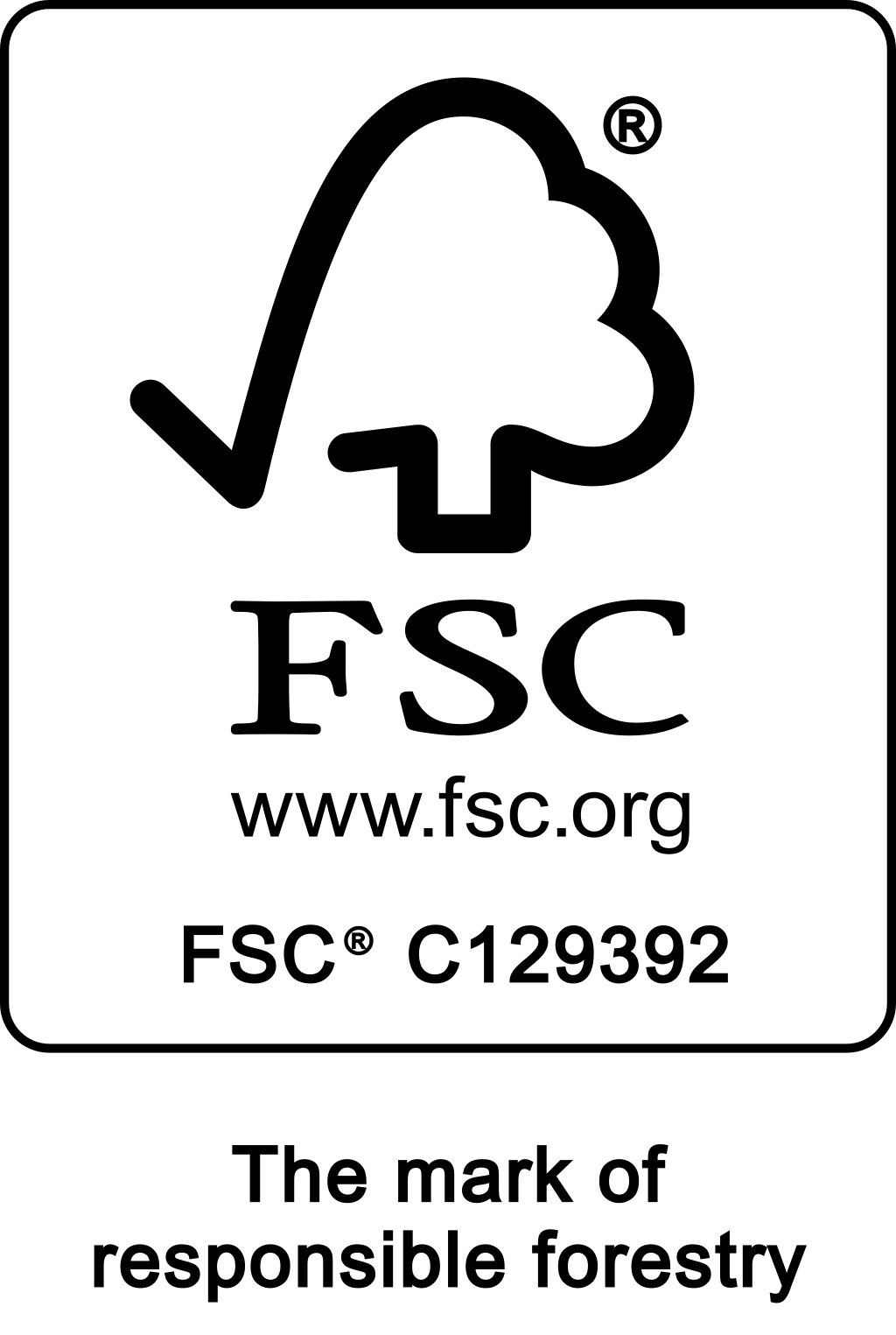
Certified:
according to the strict FSC®-standards
The production of viscose
The production of viscose filament yarn from cellulose using the ENKA spinning process is a chemical-technological process that takes place in various production stages. The manufacturing process takes up to six weeks – depending on the final make-up of the ENKA® viscose.
Production takes place in material cycles with recovery plants, so that the consumption of raw materials is reduced as much as possible.
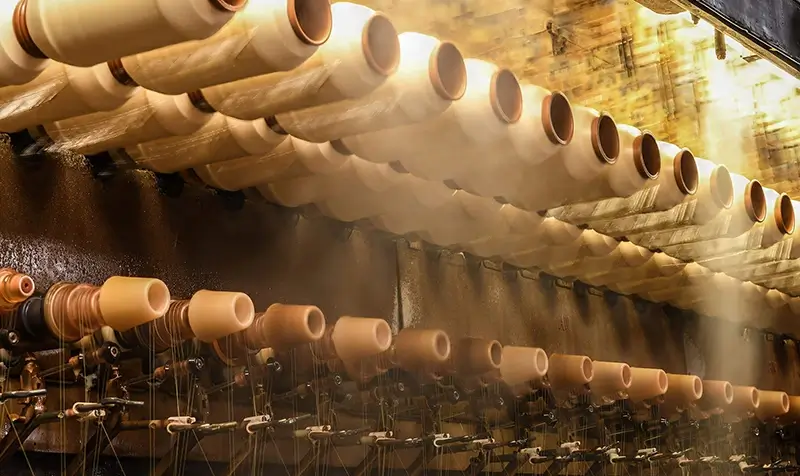
By-Products and Emissions
During the production of viscose filament, Glauber’s salt is produced as a by-product, which is mainly used in the detergent industry. Residues are processed into cosmetic cleaning and polishing wadding.
All process emissions are subject to strict national and European regulations, are continuously monitored by the responsible authorities and are classified as harmless to the health of employees and residents in the region. The waste water is treated in a highly efficient biological waste water treatment plant, which is operated in cooperation with the surrounding municipalities.
Emissions into the soil are generally prohibited in Europe anyway.
Consumption and emission values
ENKA communicates transparently about its consumption and emission values. These are compared with the range from the applicable polymer BREF for viscose filament yarns.
Energy
ENKA obtains energy from a state-of-the-art, flexible and energy-efficient gas-fired power plant with combined heat and power generation at the Obernburg site, which is technically suitable to be operated with hydrogen in the future.
Viscose compared to other fibres
Cellulosic man-made fibres today account for about 6% of man-made fibre production, cotton for 33% and wool for about 2%. Synthetic man-made fibres currently account for the remaining 59% of world fibre production.
In view of the constantly growing demand for fibres worldwide, cellulosic man-made fibres currently have the strongest growth rates.
Cellulosic man-made fibres are produced from renewable raw materials, do not consume fossil resources, do not produce microplastics and are biodegradable.
ENKA® Viscose can therefore make an important contribution to meeting the growing demand for sustainable responsibly produced apparel.
Fairtrade Textile Standard –
a step towards ethical and environmental responsibility in the textile industry
The global textile sector is characterised by many problems and challenges. Poor working conditions, lack of workers’ rights and environmental pollution are not exceptions in many regions of the world. The impact on people and ecosystems is often dramatic, facilitated by complex supply chains and a lack of transparency.
ENKA® Viscose has been selected by the independent organisation Fairtrade International as a “Responsible Fiber” under the Fairtrade Textile Standard. The Fairtrade Textile Standard aims to comprehensively improve working conditions and strengthen workers’ rights while taking environmental concerns into account along the entire supply chain.
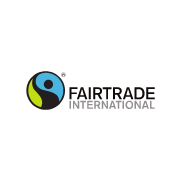
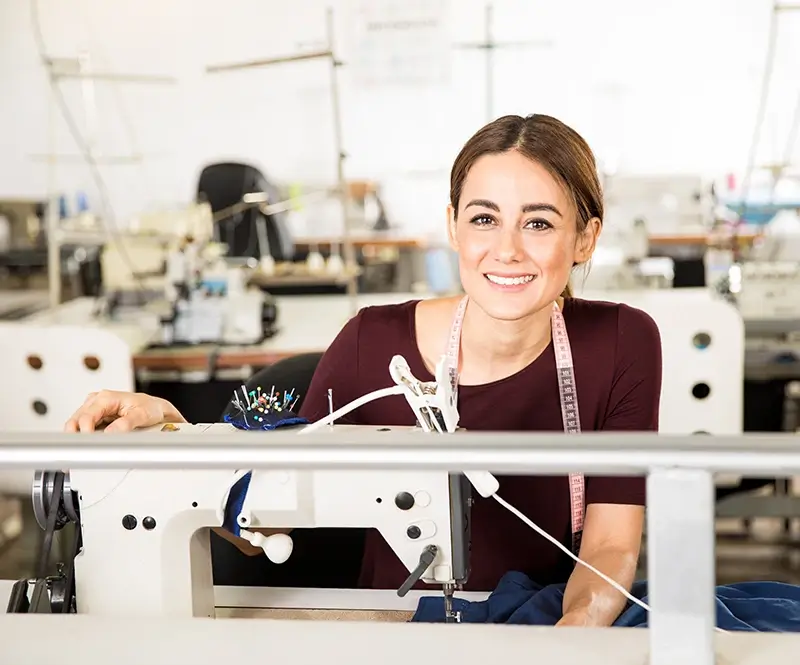
Use and recovery phase
ENKA® Viscose is mainly used for the production of textiles, but also in technical applications.
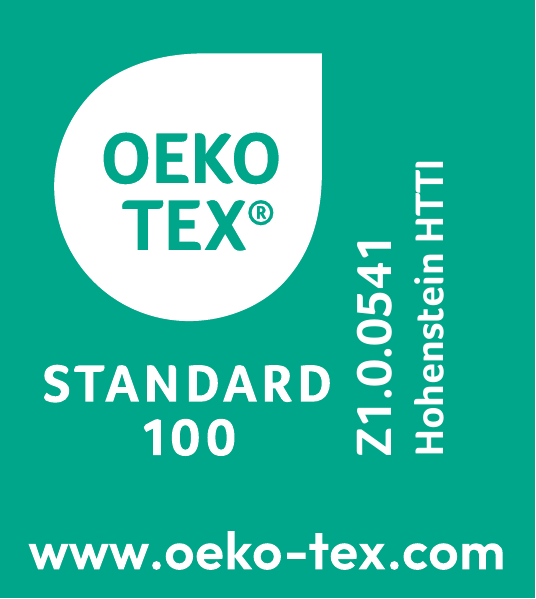
Responsible use of garments, careful textile care, durable and quality products, wise management of textile waste, reuse of materials and reduced overconsumption can go a long way in reducing the environmental footprint of garments.
ENKA® Viscose as a natural polymer is made from a natural renewable raw material and is 100% biodegradable. This makes ENKA® Viscose available for the organic material cycle.
